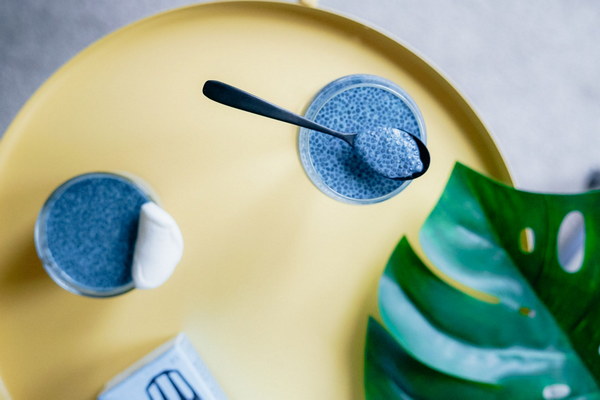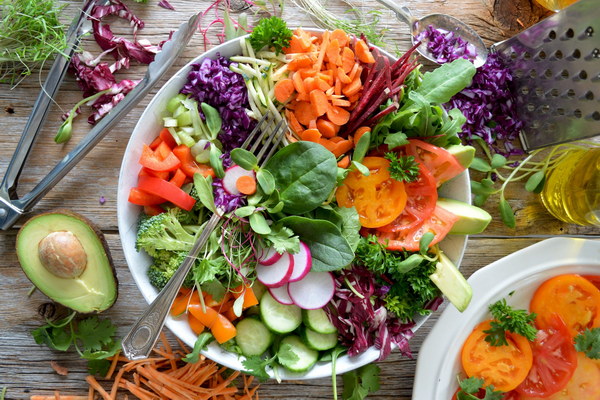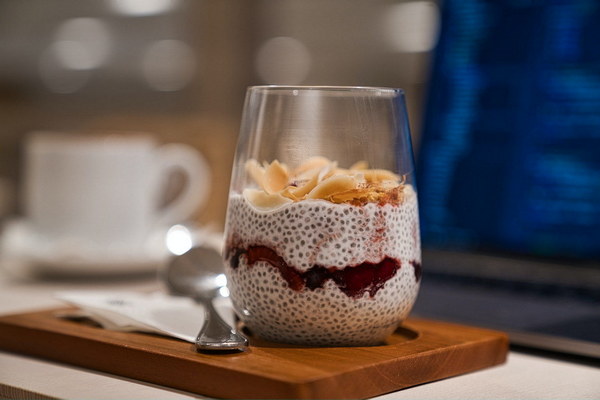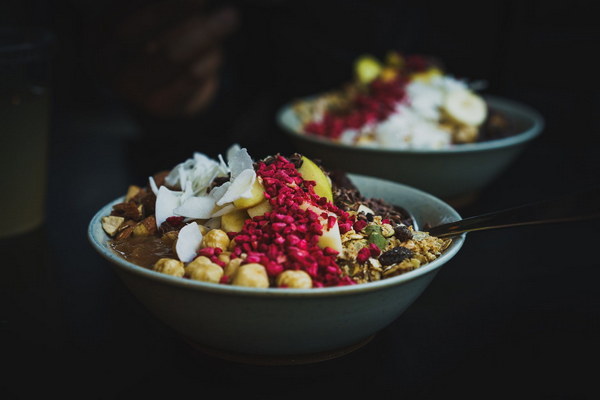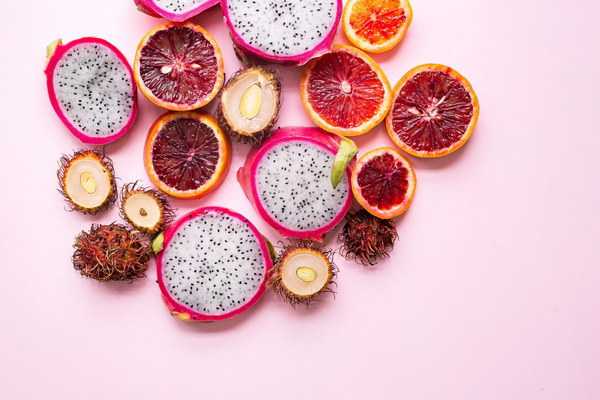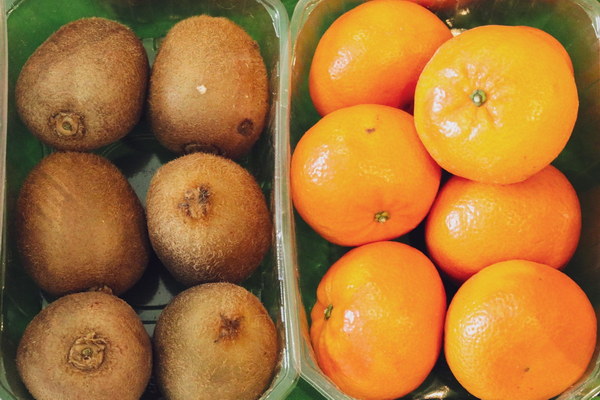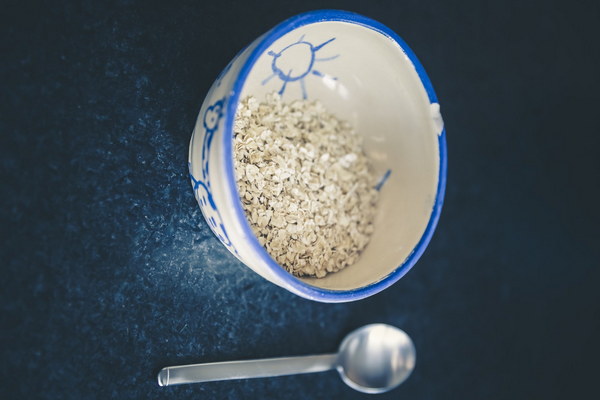Easing the Pain A Nutritional Guide to Tackling Otitis Media
Otitis media, commonly known as middle ear infection, is a prevalent condition that affects both children and adults. While medication plays a crucial role in treating this condition, natural remedies and dietary adjustments can significantly alleviate symptoms and promote healing. This article explores a nutritional guide to tackling otitis media, focusing on foods that can help reduce inflammation, boost immune function, and support overall ear health.
1. Hydration: Staying well-hydrated is essential for ear health. Water helps to thin the mucus, making it easier for the body to clear out any trapped fluid or bacteria. Aim for at least 8 glasses of water per day, and consider herbal teas like ginger or chamomile, which have anti-inflammatory properties.
2. Anti-inflammatory foods: Inflammation is a key factor in the development and progression of otitis media. Incorporate these anti-inflammatory foods into your diet to help reduce swelling and pain:
- Berries: Blueberries, strawberries, raspberries, and blackberries are rich in antioxidants, which can help combat inflammation and strengthen the immune system.
- Leafy greens: Spinach, kale, and Swiss chard contain high levels of vitamin K, which may help reduce inflammation.
- Nuts and seeds: Almonds, walnuts, chia seeds, and flaxseeds are excellent sources of omega-3 fatty acids, which have been shown to reduce inflammation.
- Fatty fish: Salmon, mackerel, and sardines are high in omega-3 fatty acids and vitamin D, both of which have anti-inflammatory effects.
3. Probiotics: A healthy gut microbiome is essential for overall health, including ear health. Probiotics help maintain a balanced gut environment and can boost immune function. Include probiotic-rich foods like yogurt, kefir, sauerkraut, and kimchi in your diet.
4. Garlic: Garlic contains allicin, a compound with potent antibacterial properties. Add garlic to your meals, or consume garlic supplements to help fight off the bacteria causing the infection.
5. Ginger: Ginger has anti-inflammatory and pain-relieving properties. You can add fresh ginger to your tea, or consume ginger supplements for added benefits.
6. Vitamin C: This vitamin is known for its immune-boosting properties. Citrus fruits, strawberries, bell peppers, and leafy greens are excellent sources of vitamin C. Increasing your vitamin C intake can help your body fight off infections.
7. Zinc: Zinc is an essential mineral that plays a role in immune function and wound healing. Include zinc-rich foods like nuts, seeds, legumes, and lean meats in your diet, or consider taking a zinc supplement.
8. Avoid inflammatory foods: Certain foods can exacerbate inflammation and worsen otitis media symptoms. Try to minimize or eliminate the following from your diet:

- Refined sugars: High sugar intake can weaken the immune system and contribute to inflammation.
- Processed foods: These foods are often high in unhealthy fats and sugars, which can exacerbate inflammation.
- Dairy: Some individuals may find that dairy exacerbates their symptoms; if this is the case for you, consider reducing or eliminating dairy from your diet.
Remember, while these nutritional strategies can support your overall ear health and aid in the recovery from otitis media, they should not replace medical treatment. Always consult with your healthcare provider before making significant changes to your diet or starting any new supplements. By incorporating these dietary adjustments into your routine, you can help alleviate symptoms and promote a quicker recovery from this pesky condition.
